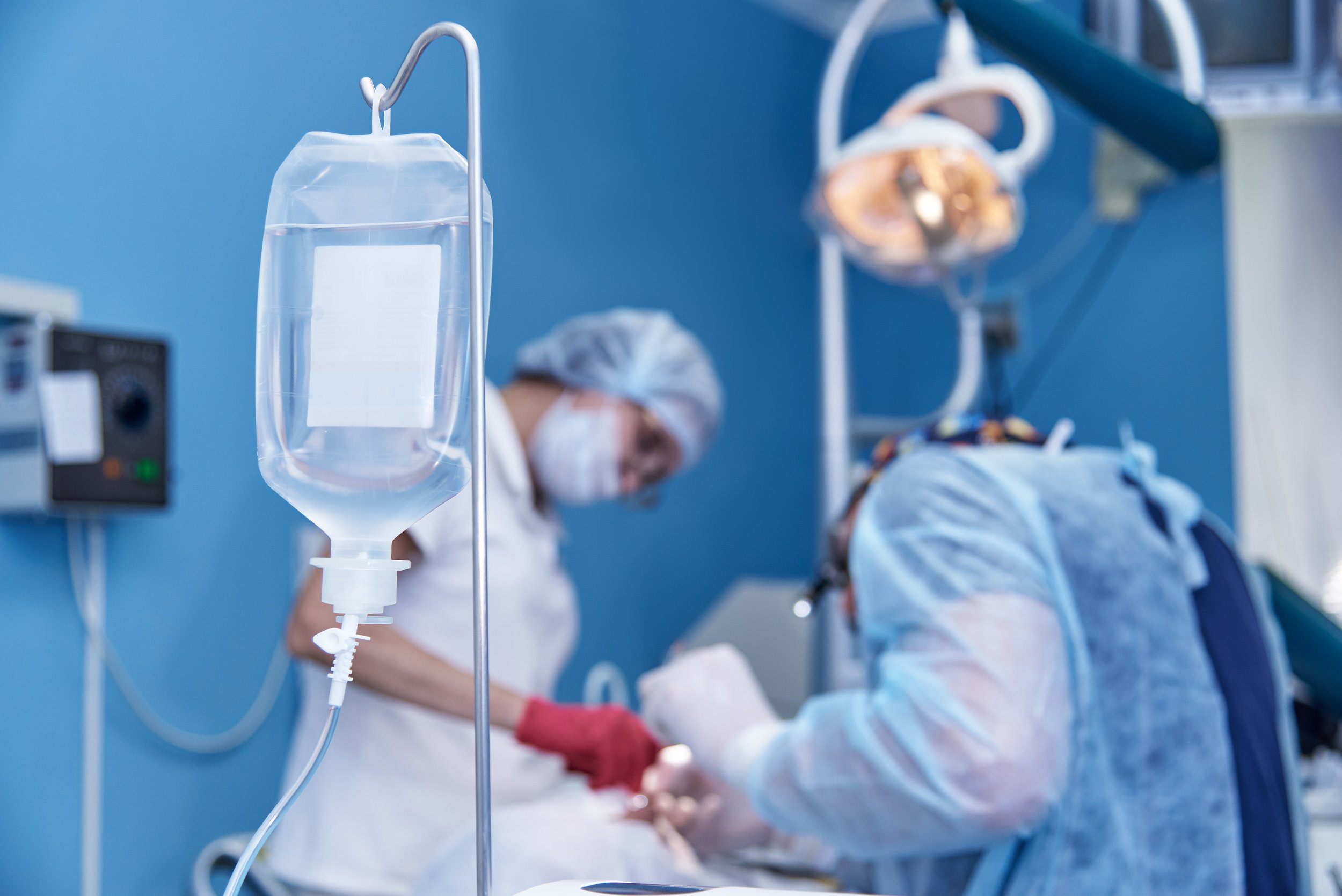Which Type of Dental Sedation is Right for You?
At Dental Sedation Services, we want our patients to have the safest and most predictable sedation process. In most cases that is Intravenous (IV) Sedation.
Which Type of Dental Sedation is Right for You?
MOST RECOMMENDED
When sedation is needed, or requested, IV Sedation is most recommended by physicians. However, because each patient responds differently to sedative medications, it is important to work with an experienced dental professional. Intravenous sedation needs to be tailored to each individual. Make the dentist aware of allergies, preexisting conditions, medications, and if you ever had anesthesia. Information will assure the dental center keeps you safe.
SAFEST AND MOST PREDICTABLE
IV sedation provides the most predictable sedation. It allows the dental care team at Dr Jay Patel’s Dental Center to accurately control the onset, level of sedation, and recovery. There is no extended waiting time for the onset of sedation. Intravenous sedation will achieve a safe and effective level throughout the procedure with prompt recovery. IV Sedation gives the best assurance for each patient to have a successful sedation and comfortable appointment.
LOCAL ANESTHESIA
Intravenous sedation is the most frequently used type of anesthesia. A topical only numbs the area being worked on. Local anesthesia is given by injection or topical. Although dentists often swab a topical anesthetic gel on the injection site for the patient’s comfort, that is followed by an injection. After the injection, the patient must wait 20 to 30 minutes for the agent to take effect. The numbing effects can last from five minutes to three hours following your dental treatment.
YOUR DENTIST
There is always a risk when getting anesthesia. It is usually safe, though, when given by experienced dentists like Jay Patel. It's important to find out how much training the dentist has and how many procedures they have performed using sedation. The more procedures the dentist has performed, the better. It's important to know that your dentist is trained and qualified to administer the type of sedation you will be receiving.
KNOW BEFORE YOU GO
You should ask what dose of the sedative is appropriate for your age and health. You should also ask whether it is within the dose recommended by the FDA. You should receive a form detailing the risks of the procedure. Go over it carefully with your dentist. Ask questions if you're unclear on any of the wording. However, certain people, such as those who are obese or who have obstructive sleep apnea, should talk to their doctor before having sedation. That's because they are more likely to develop complications from the anesthesia. The dentist should monitor your vital signs during the procedure following the American Dental Association's guidelines. The dentist should also have oxygen, artificial ventilation, and drugs that reverse the effects of sedation on hand in case you need them.
LOOKING FOR the best DENTAL Anesthesia SERVICES IN THE New Jersey AREA?
At Dental Sedation Services, we provide high-quality, advanced dental anesthesia services to general dentists and dental specialists in New Jersey, Pennsylvania, and the New York metropolitan area. The anxiety that many patients experience when receiving dental care is significantly reduced when treated in a familiar environment. Our office-based anesthesia services make dentistry more accessible and affordable, while offering patients the convenience of receiving comprehensive dental care in their own dental practice. For more information, you can contact us at (732)986-3690, or visit our website.

